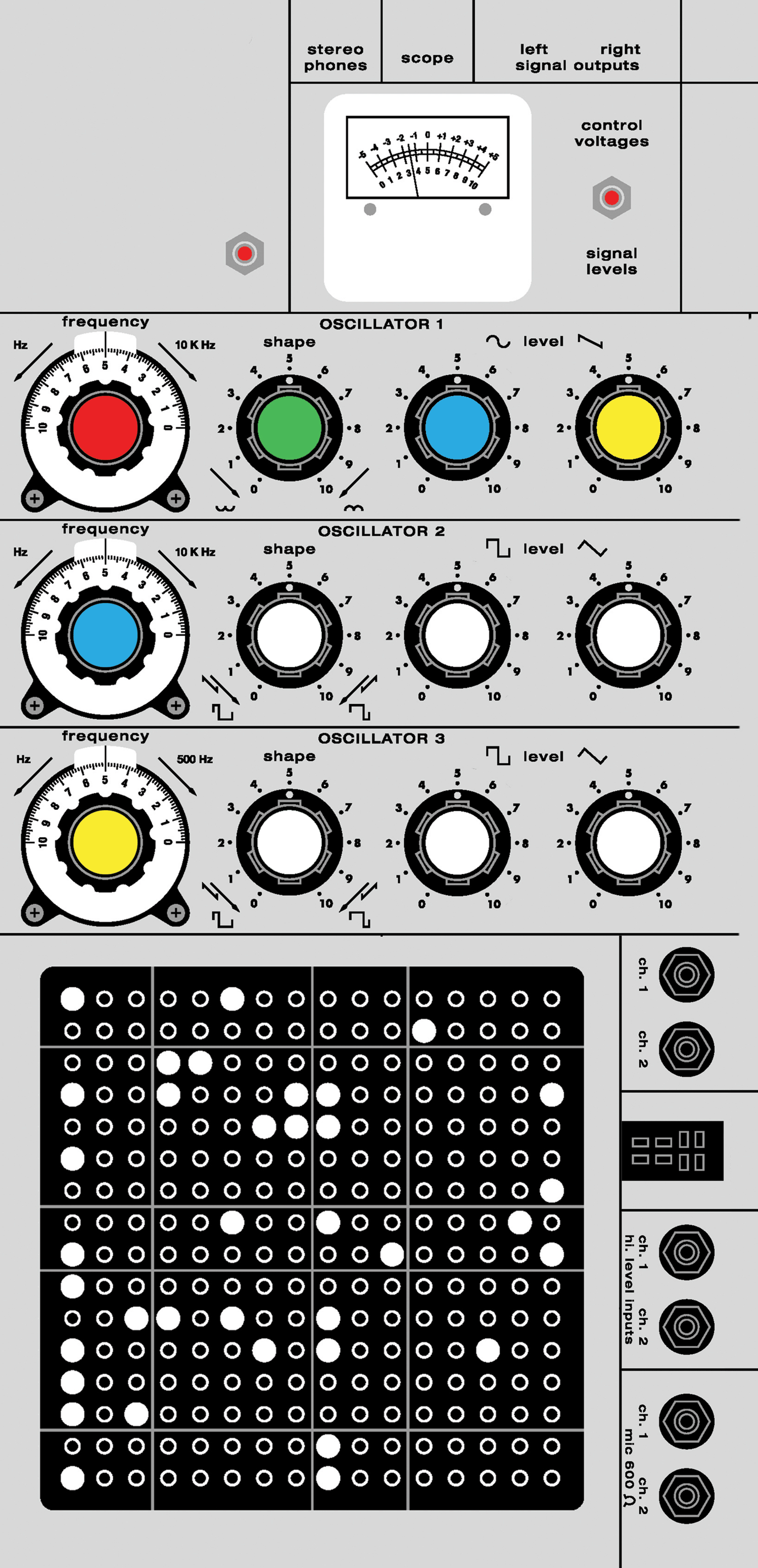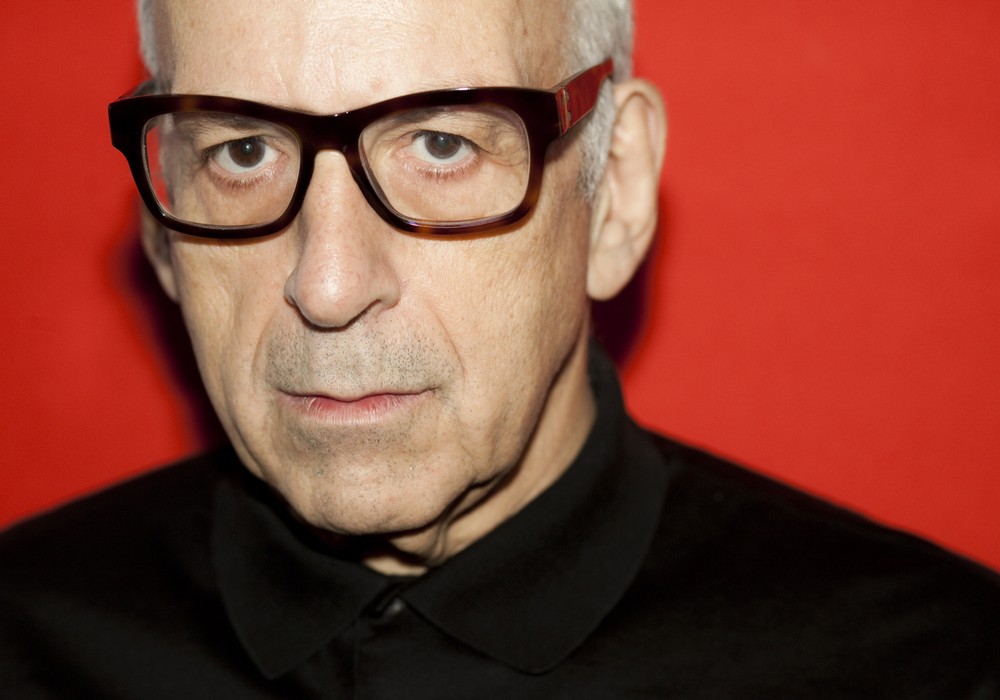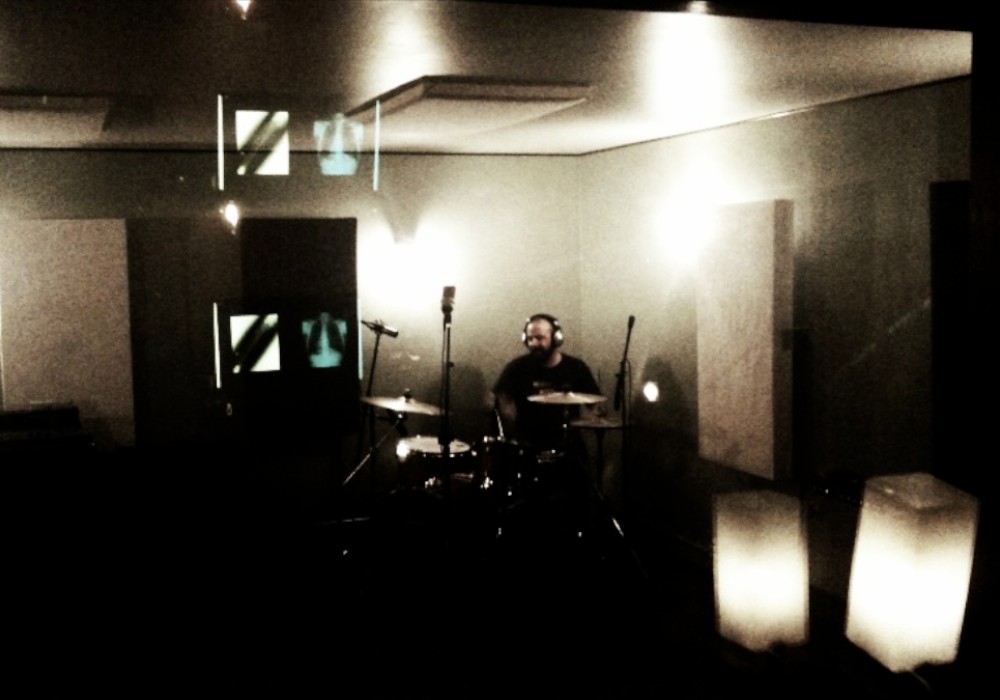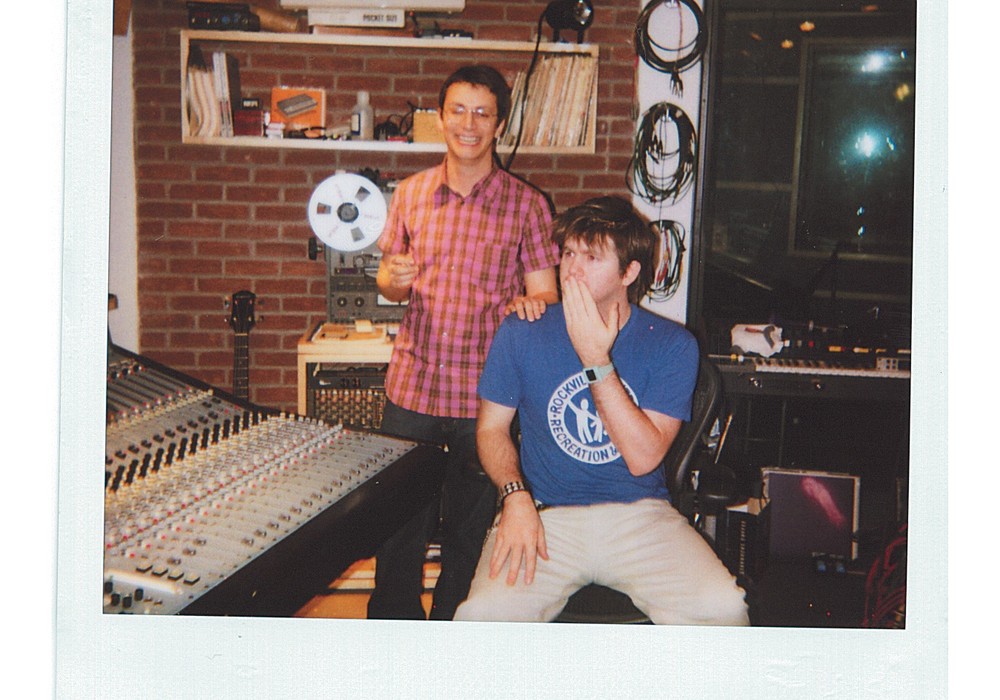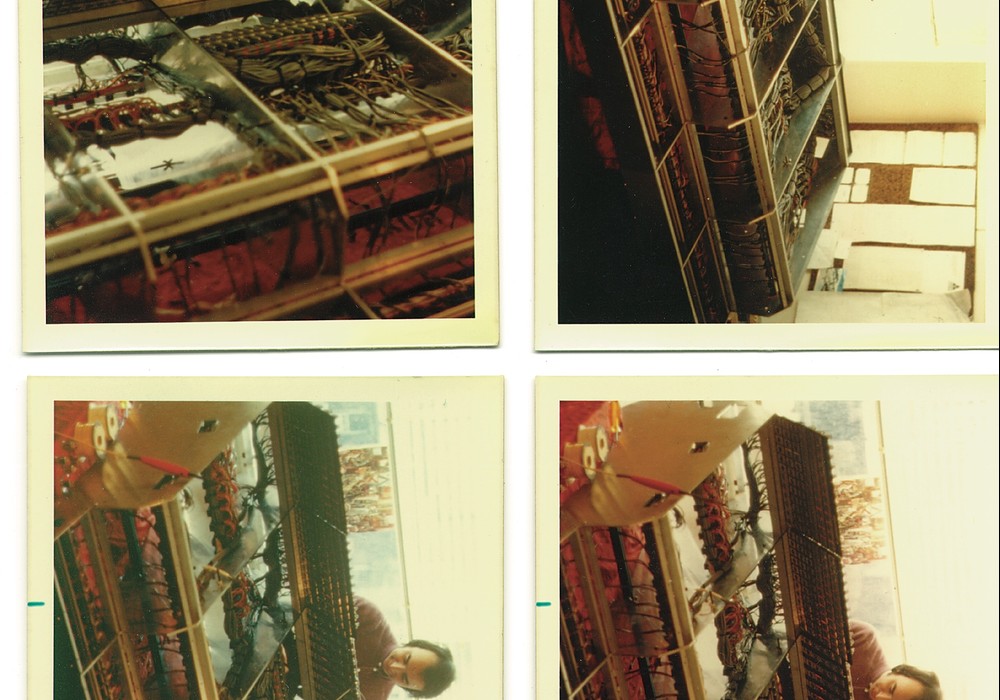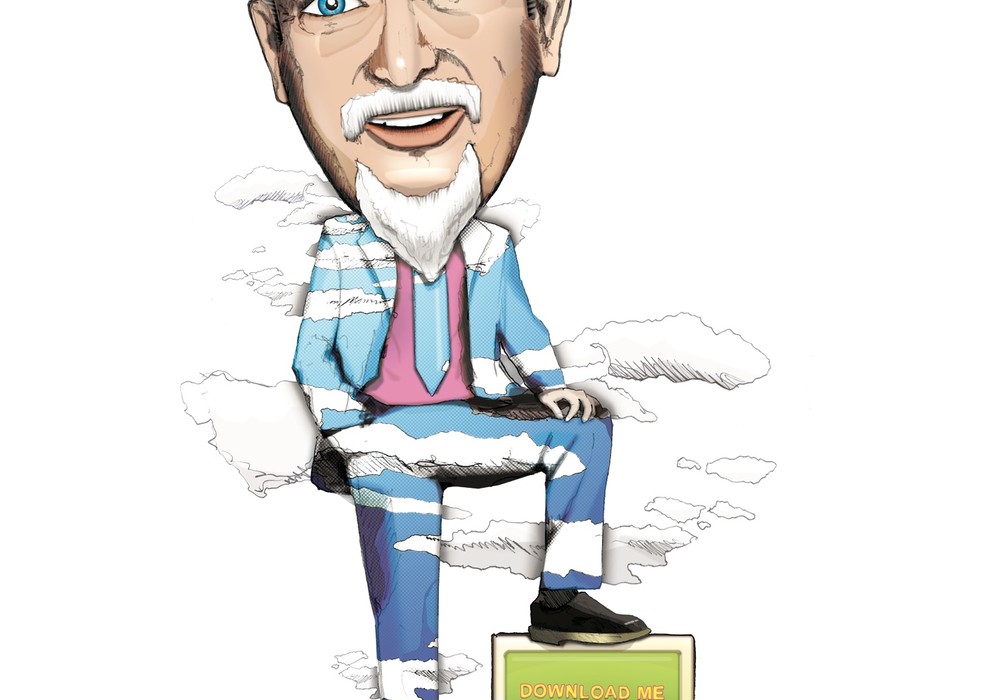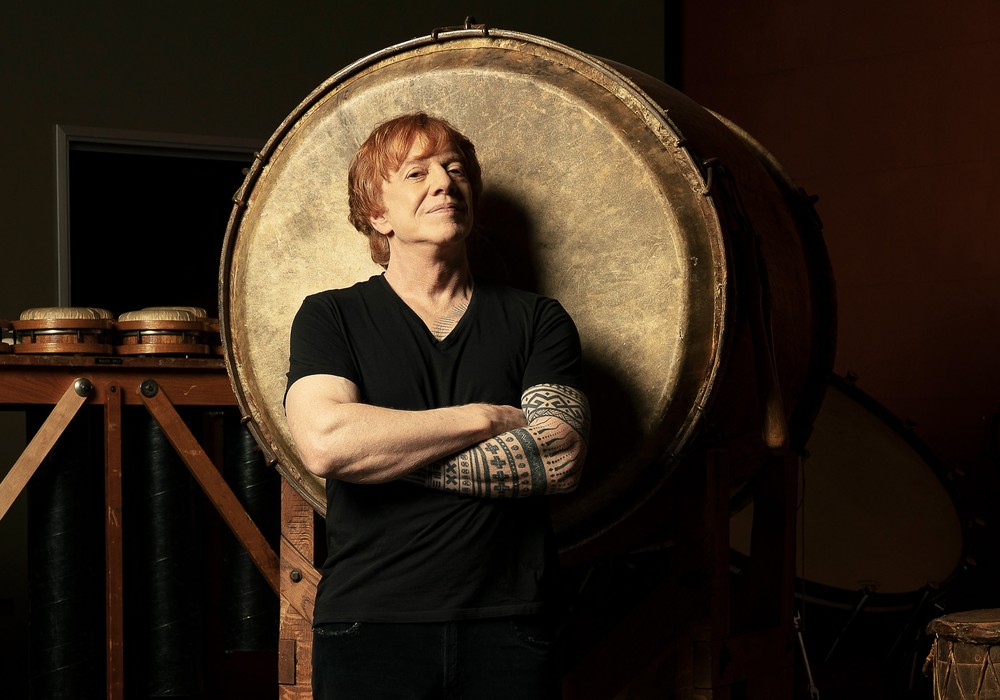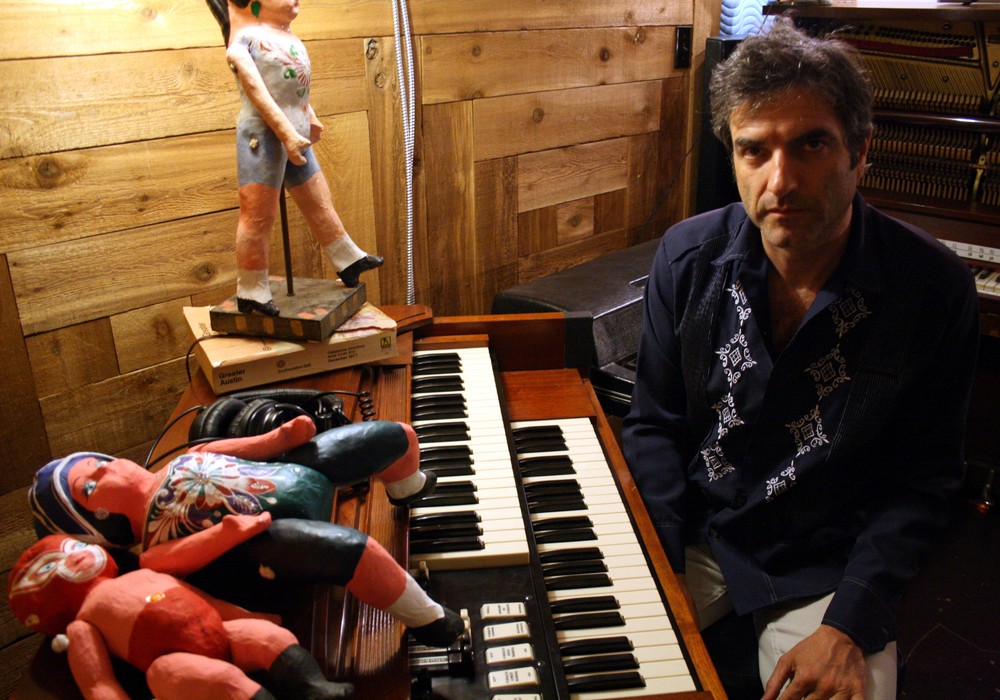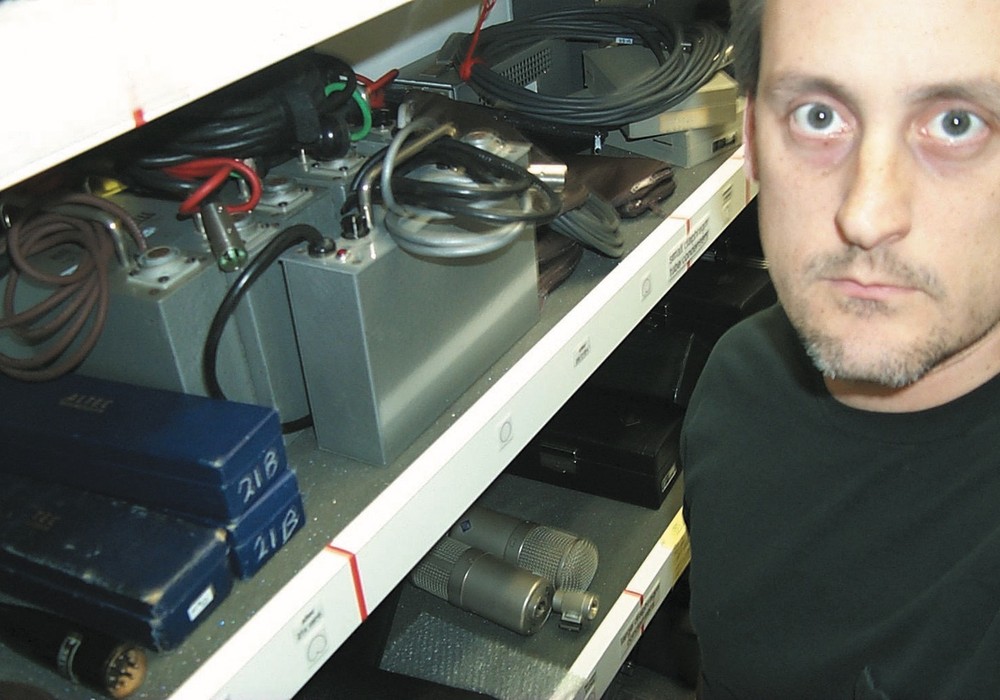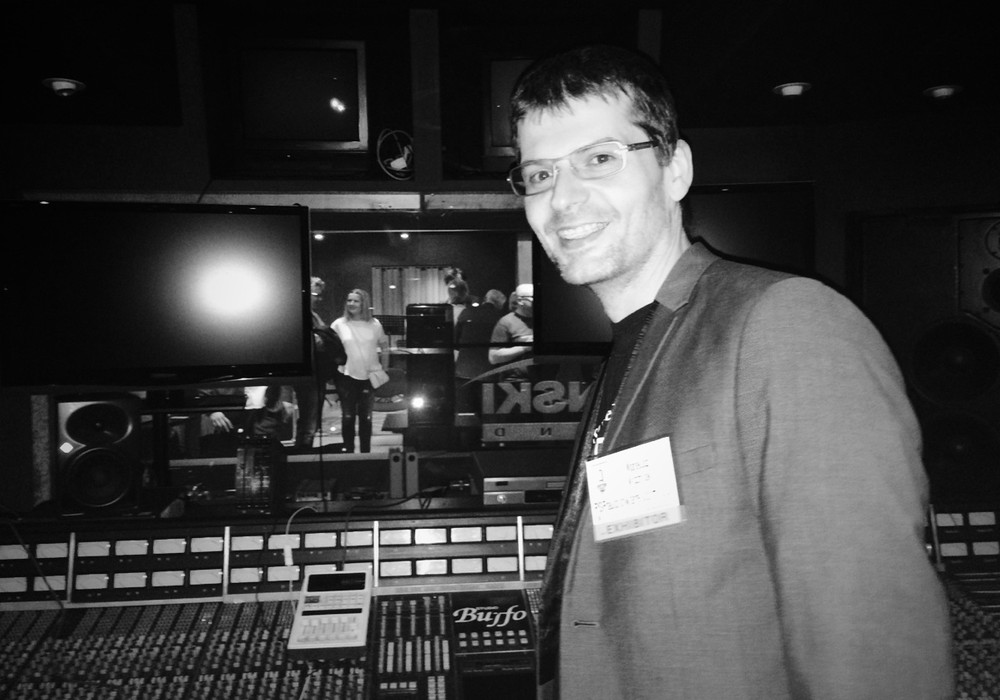Daniel Miller has been a figurehead of cutting edge music since he released his first single, "Warm Leatherette," as The Normal in 1978. The rise of his label, Mute Records, soon followed, with a roster including Depeche Mode, Nick Cave and the Bad Seeds, Erasure, Moby, Zola Jesus, Goldfrapp, Arca, CAN, and many others. Daniel's Studio Mute opened this year at the Mute headquarters in Hammersmith, west London as a writing, recording, mixing and mastering space, featuring an SSL Matrix console and (of course) a selection of vintage analogue synths and drum machines.
If you were to start Mute today, would you approach things differently than you did in the '70s?
The way it started, probably not. Back then, in my bedroom, I had a 4-track tape recorder, a cheap synth, and I made the record. Now I'd probably have a laptop. I got it [my record] pressed and I went to a few stores to see if they were interested in it. Rough Trade said they'd like to distribute it, and so I got a distribution deal. Of course, now it would be a bit different. I'd still probably want to do a physical 7-inch, but then I would still have all of the digital opportunities as well. But that's just a distribution thing... there's nothing fundamentally different. In those days, you used to do five promo copies for the UK. One each for Melody Maker, Sound, NME [New Musical Express], Record Mirror, and John Peel. They were the only people in the world who had any impact, in my opinion. You could pretty much cover the country with those.
You later spent a lot of time recording in Berlin. What drew you there?
First of all, it was more fun. If you compare Berlin to London back in the early '80s, it was very strict. [In London] everything closes at 11 o'clock. If you're in the studio at a quarter to 11 and you'd like to get a drink, you basically have 15 minutes to get out to a pub and have a pint. Working in a studio isn't a normal life, but it's nice to have some element of normality. Berlin was, and is, a 24-hour city, so you could always go out somewhere and have a relaxed drink. Plus there was an amazing scene going on there. There were a couple of studios, but the one we used 90 percent of the time was Hansa Studios, which was right next to the Berlin Wall. We were working on an album called Construction Time Again with Depeche Mode. The engineer we were working with, Gareth Jones, was in the process of moving to Berlin and he started using Hansa's mix room. It was probably the most high tech studio I'd ever seen, up to that point. It had a huge SSL [console], and incredible outboard; [both] traditional and (what was then) modern digital technology. It was cutting edge. We liked really big control rooms in those days, because we wanted to set up all the synthesizers in the control room. We did three Depeche Mode albums there. Studio Two was a big dancehall; like a little ballroom. There were lots of ways of using that room. It became very famous for a certain kind of epic sound. The first band I worked with who used that studio was Nick Cave and the Bad Seeds.
Did you bring synthesizers with you or did they have them there?
We brought everything with us. There were a couple of guys who worked for Mute, Paul Kendall — who ran our studio and was a producer in his own right — and David Simmonds — who used to be the keyboard player with Fad Gadget. They used to bring it over [in a van] and set it all up. We had a Synclavier, an ARP 2600, a [Roland] System 100M, and Emulators. In those days West Berlin was in the middle of East Germany, so you had to go through East Germany to get there. There was a road called The Corridor, and it was a couple of hours drive from West Germany. At one point they were in very bad weather, took a wrong turn somehow, and ended up in East Germany with all of these guards trying to figure out what this electronic music equipment was! [laughs]
What is your approach to giving artists the resources to make the best record possible?
It's very artist dependent. The recording process has changed so much in the last ten years, beyond recognition with the cost structure and so forth. We're a small label, so we want to make sure the artist has the right tools to do the job, whatever those tools...
